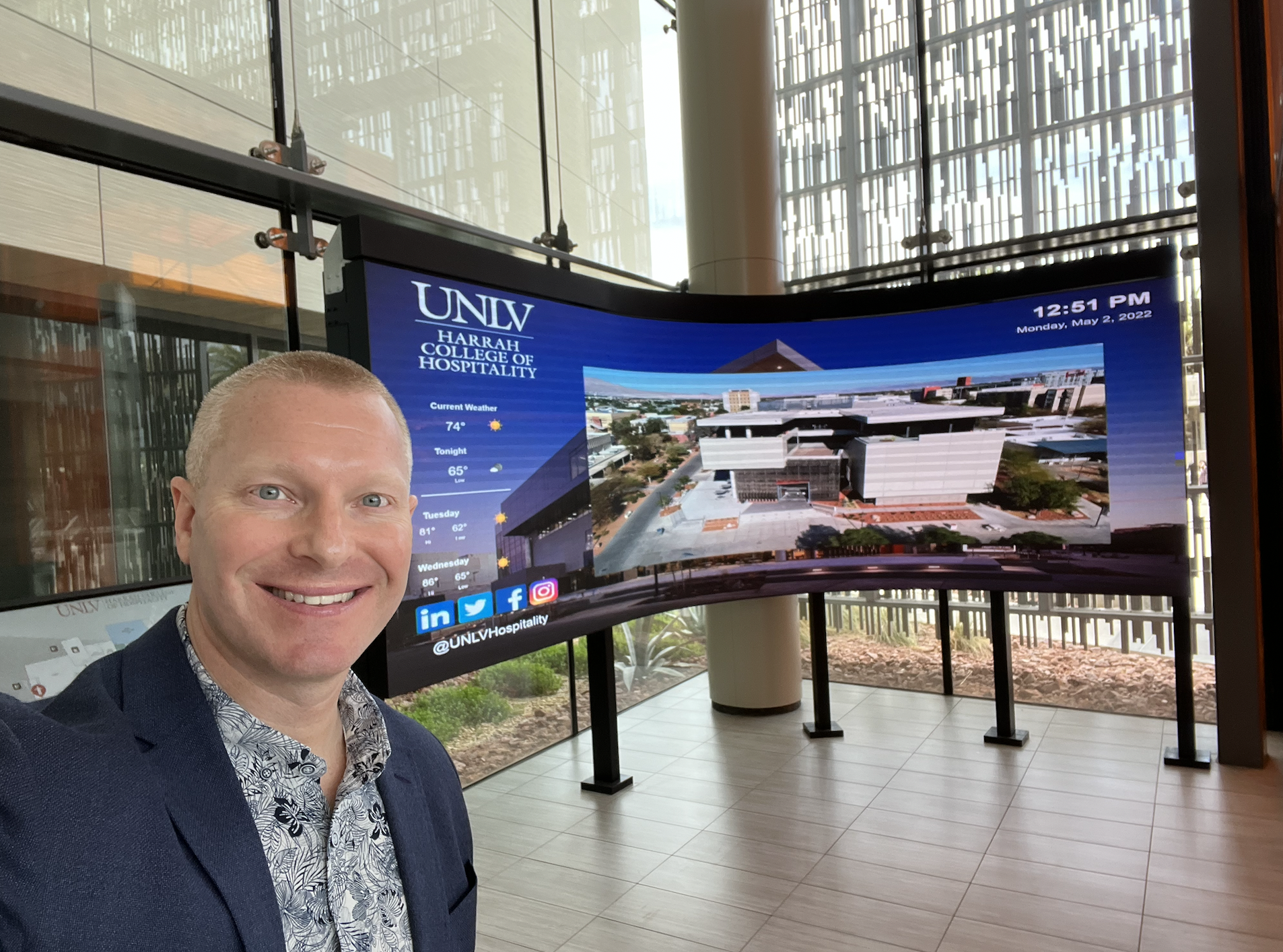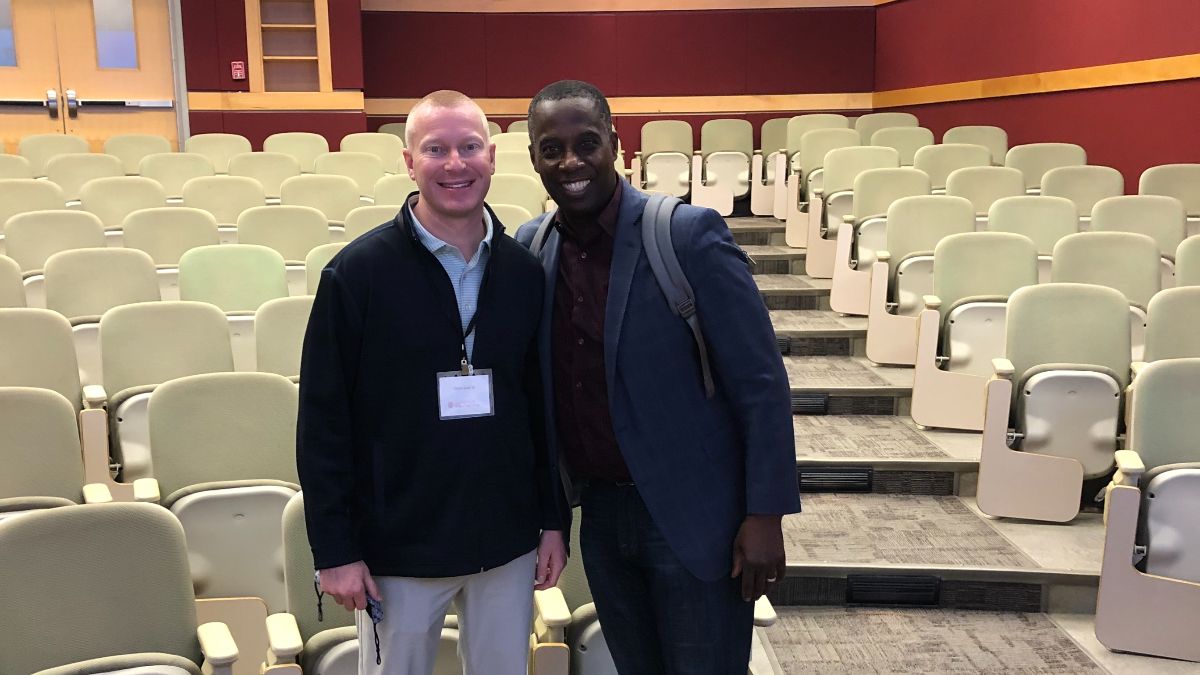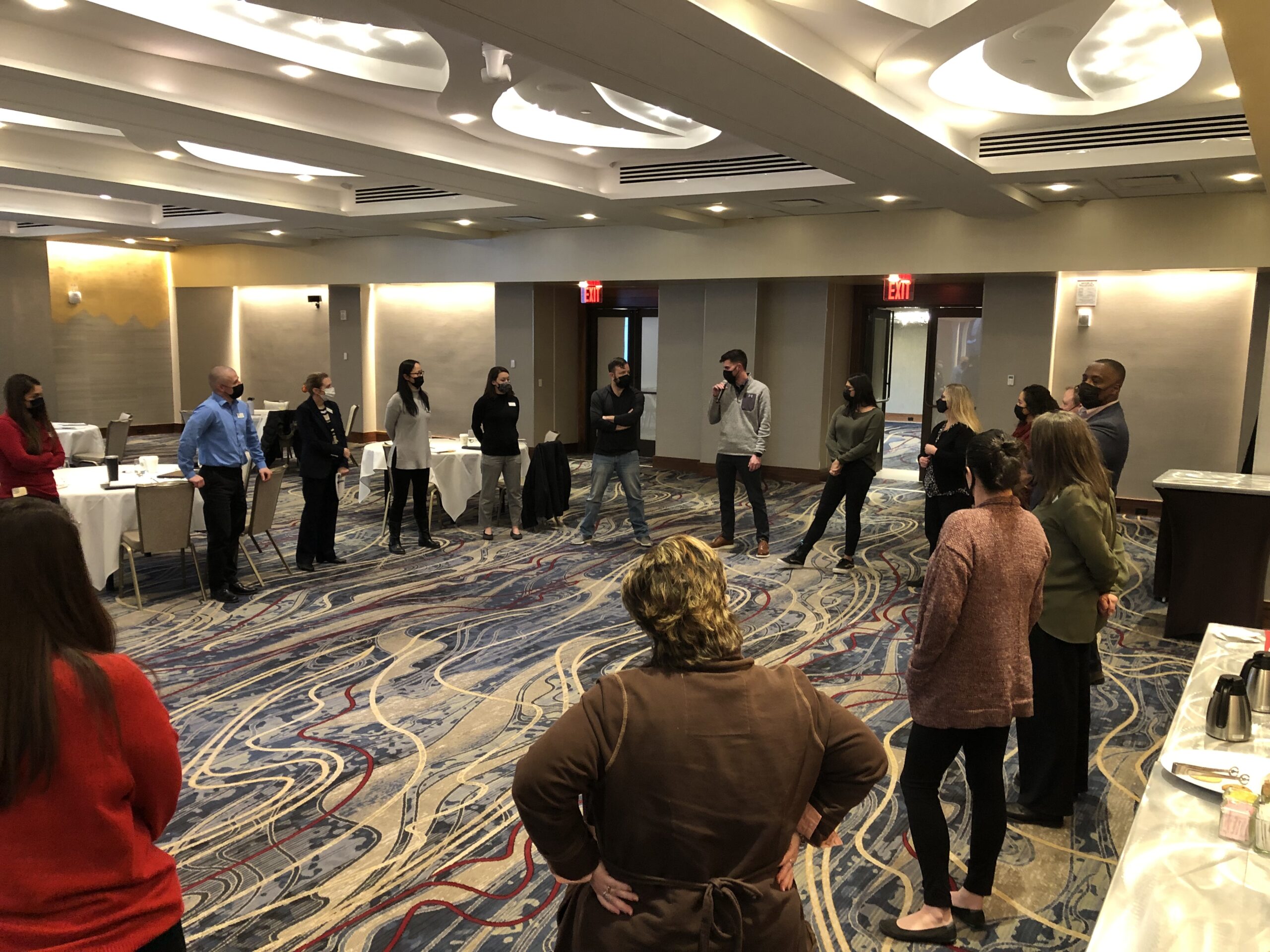Inspiring Leadership in 2022: 5 Ways to Feed Your Soul and Feed Your Mind with Knowledge
I had the opportunity to spend some time this week at UNLV delivering a Lead with Hospitality training to my friend, Professor Laura Book’s Hospitality classes. Being back in the college environment got me thinking, what is it about college that makes us feel so fulfilled? I realized it provides us an opportunity to feed
How the Best Leaders and Most Successful People Practice Self Care
As we get older and respond to the challenges of life and sedentary lifestyles, our posture deteriorates. Our shoulders become hunched, our necks stiff, and we sit either slumped or holding ourselves in a rigid upright position. Be intentional and purposeful about building in time throughout each day and week, to take care of your body. Here
This is the First Thing Inspirational Leaders Feed Every Single Day
The most inspiring leaders of all time are intentional about feeding their minds. Here are some ways to be intentional and purposeful about feeding our minds: Have a thirst for new knowledgeBe hungry to learn all you can about every facet of your businessChallenge yourself to learn new skills in and outside of workRead books, listen to
How the Best Leaders Intentionally Inspire Others Every Chance They Get
We can all agree that inspiration certainly moves people on the inside, so they give their very best on the outside. So, the question is, what can we, as leaders, do to create this sense of joy and inspiration within our organizations and among the people, we lead every chance we get? Here are some ways
Here’s What Scholars Found to be the Magic of Inspiration
Simply put, when we’re inspired, we do more, become more, and ultimately deliver more for ourselves and for our organizations. Go first. Be an inspiration. American psychologist, Scott Barry Kaufman’s article in Harvard Business Review entitled, “Why Inspiration Matters” points out notable research by Todd M. Thrash and Andrew J. Elliott which shows us just how
The Secret to Inspiring Your Team to Execute the Game Plan
Execution is defined as the carrying out or the putting into effect of an action plan. The question for us, as leaders then, is, “How can we keep our teams executing consistently on the action plans we’ve created?” Conversations Make Good Company Conversations really do make good company. It’s true both with the company we keep in our
This One Thing Will Turn Busyness into Productivity, Taking Your Team Further Quicker
What’s an action plan and why is it important? Simple, but not always easy; and this is something often overlooked. That’s why I want to shed some light on this today. Action plans are nothing more than a detailed list of actions and steps, which helps you organize who will do what and by when. Action plans become
This is the Real Impact of Leaders Helping Teams with SMART Goals
The idea of SMART Goals has been around since 1981, when George T. Doran wrote an article about an easy way to create objectives in the November 1981 issue of the Management Review. The difference between an ordinary, non-strategic goal or objective and a SMART Goal is that with SMART Goals, everyone knows what needs to
Here’s How the Best Leaders Craft a Compelling Vision for Their Team
Vision is the ability to think about or plan for the future with imagination or wisdom. What’s special about that last part? With imagination or wisdom? What makes great coaches and inspirational leaders so special is their ability to be a visionary; they’re able to see a future many other people do not see. They not only see
Three Psychological Human Needs Your Team Needs to Help Them Lean In, Step Up, and Deliver Their Best Work
Psychologists, Edward Deci and Richard Ryan first introduced their Self-Determination Theory in 1985. It’s since been tested, tried, and proven over the years. The theory suggests that people become self-determined and motivated when three universal psychological needs are met: The need for competence, or mastery of their workThe need for autonomy, or choice in how the













